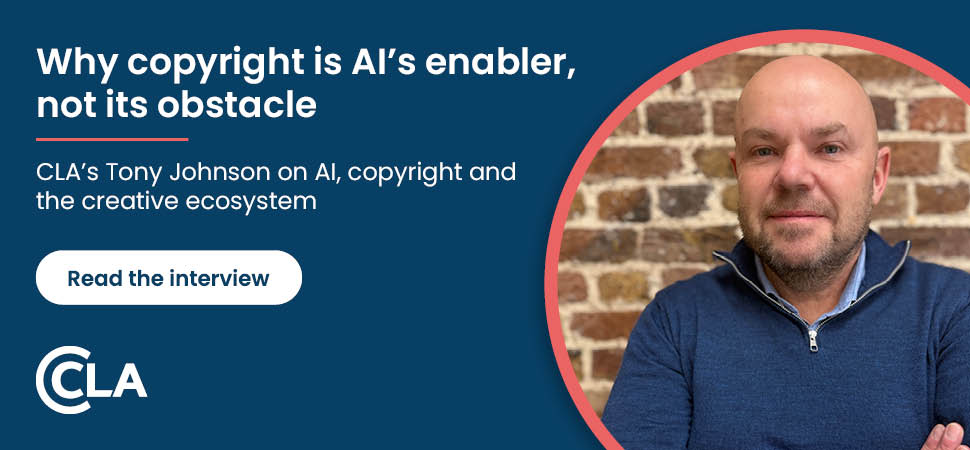Born to Chinese immigrant parents who worked as electrical engineers in Fremont, California, Guo demonstrated entrepreneurial instincts from an early age. Her childhood was marked by a series of small ventures that would foreshadow her later success. As a teenager, she taught herself programming and earned money by developing bots for the online game Neopets, selling the in-game assets for profit. These early experiences with digital monetisation would prove foundational to her understanding of online economies.
Guo enrolled at Carnegie Mellon University to study computer science but dropped out in 2014 after being selected for the Thiel Fellowship, a two-year $100,000 grant for young people to pursue entrepreneurial projects instead of completing their studies. The decision was a bold departure from the path her family had envisioned, where academic achievement was held in the highest regard.
Building Scale AI
After dropping out, Guo interned at Facebook before joining Snapchat as the company’s first female designer, where she helped develop Snap Maps. Her path to billionaire status began when she moved to Quora and met Alexandr Wang. They co-founded Scale AI in 2016, when Guo was 21 and Wang was 19.
Scale started as a service that employed low-paid contractors to label datasets for AI training, particularly in the self-driving vehicle sector. The startup quickly gained major clients, including Cruise and Tesla, and expanded its contractor base to meet growing demand. The company’s trajectory was rapid, however Guo’s chapter was short-lived. Her 2018 departure, stemming from ‘a difference of opinion’ with Wang, marked a turning point that would propel her toward her next ambitious venture.
Her exit could have marked the end of her AI journey, but it became a financial triumph. Retaining just under 5% of the company, she now controls a stake valued at nearly $1.2 billion.
Venture Capital and Strategic Investments
Rather than retreat from the technology sector, Guo doubled down on her expertise. In 2019, she launched Backend Capital, originally called Backend Ventures, a venture capital firm that primarily funds early-stage engineering startups. The firm has funded startups such as the fintech company Ramp, which she backed with a six-figure investment in 2020 and which now carries a $13 billion valuation. Her investment philosophy centres on identifying promising engineers and supporting them through the early stages of company development.
Forging The Creator Economy
The most ambitious chapter of Guo’s career began in 2022 with the launch of Passes, a platform designed to revolutionise how creators monetise their audiences. The platform addresses what she identified as fundamental problems in the creator economy through direct fan monetisation.
“I believe creators are small businesses, and it’s Passes’ goal to turn them into large businesses,” Lucy Guo – Founder of Passes
While Passes functions similarly to platforms like Patreon and Fanfix, it offers additional features like screenshot-blocking technology and automated sales messages to fans who take specific actions on a creator’s account. The company has attracted high-profile partnerships, including big names like gymnast Olivia Dunne, NBA icon Shaquille O’Neal, and DJ Kygo.
Passes previously raised $9 million in seed funding in 2022, led by Austin-based cryptocurrency and blockchain investor Multicoin Capital, followed by an impressive $40 million Series A funding round led by San Francisco–based Bond, run by Kleiner Perkins alums Mary Meeker and Mood Rowghani.
Future Vision and Legacy
Guo is a vocal advocate for creator ownership. She believes traditional platforms hold too much power over user data and fan relationships. Her vision for Passes leans into Web3, where creators can own their audiences, data, and monetisation paths. Guo plans to integrate AI technology into the platform to streamline some of these sales features, positioning the company at the intersection of artificial intelligence and creator economics.
She’s also bullish on the future of AI, not just as a tool for automation, but as a way to enhance everything from education to healthcare. While she recognises the risks posed by unchecked AI development, she believes the solution lies in thoughtful regulation and responsible use, not in slowing down innovation.
She is one of only six self-made women billionaires under 40 globally, a distinction that places her among an elite group of entrepreneurs who have fundamentally altered their respective industries. Her success goes beyond personal triumph, it shows how technology can redefine entire industries and create new economic models.
Guo’s journey from college dropout to billionaire entrepreneur shows how technology has rewritten the rules of wealth creation. Her story proves that the future belongs to those who can spot emerging trends, embrace innovation, and position themselves at the heart of transformative change. As creator economics continue to mature, her influence on how digital content is monetised will likely extend far beyond her current ventures.
Through Scale AI, Backend Capital, and Passes, she has become a builder of the modern digital economy, creating the infrastructure that allows others to share in technological prosperity. At just 30, with decades of potential innovation ahead, Guo’s most groundbreaking contributions may still be on the horizon.



